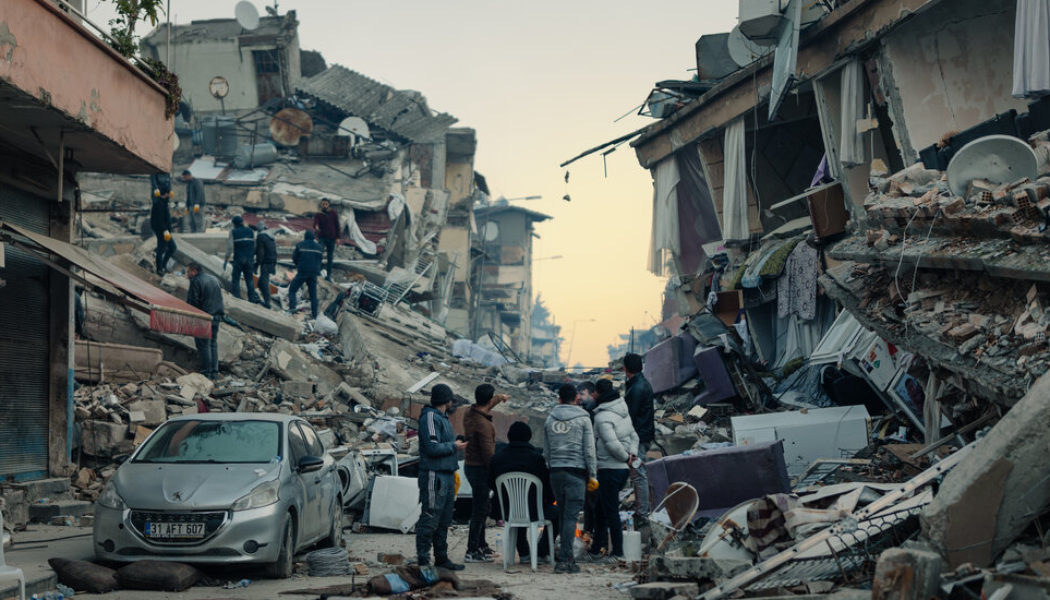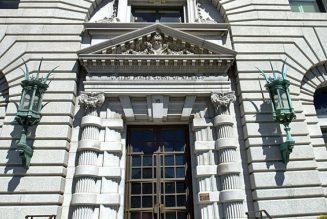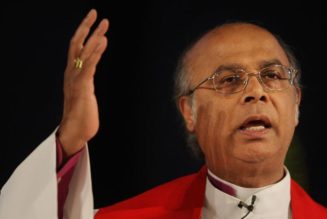
As humanitarian aid trucks rolled into opposition-held northwestern Syria on Thursday bringing the first international relief there since Monday’s devastating earthquake, emergency workers who were racing to reach the last trapped survivors called for more international assistance.
Seventy countries offered to send rescue teams or humanitarian assistance to Turkey, the country’s president said this week, but the international response has been markedly different for Syria, a sanctioned pariah state that remains deeply divided after years of civil war.
“Our teams have been working nonstop in the past 75 hours with no breaks, no rest,” Mohamed al-Shibli, a member of the White Helmets civil defense group that operates in opposition-held parts of Syria, said in an interview via WhatsApp. The group gained international renown for rescuing wounded civilians during Syria’s yearslong civil war, but has turned its attention to rescue and recovery efforts in the days after the quake.
Some team members take a five-minute break, Mr. al-Shibli said, but many are taking no breaks at all, and some have fainted under the strain. “I have real fear for their physical situation.”
All of that is on top of the emotional weight of the task.
“Some people under ruins are sharing their wills with the team,” Mr. al-Shibli said. “Under the rubble, they ask them to convey messages, they share names of their beloved ones, then they die.”
He pleaded, through tears, for the United Nations to send rescue teams and spare parts for equipment, as emergency workers continue to comb the rubble amid dwindling hopes of finding survivors. He expressed frustration and anger over the type of supplies that were being delivered to the country on Thursday in the aid convoy, which he said were collected before the earthquake struck on Monday.
“It is just simple aid that does not cover the disaster,” Mr. al-Shibli lamented, saying it contains general items, such as diapers. “What will children under the rubble do with diapers?”
The aid trucks were carrying “shelter material” and “nonfood items,” according to a spokesman for the U.N. Office for the Coordination of Humanitarian Affairs.
Nearly three million people displaced by Syria’s yearslong civil war were already living in precarious conditions in the country’s northwest opposition-held territory, and many were already enduring a brutal winter without heating when the earthquake hit.
“We had shortages of supplies before the earthquake — now our need has only increased,” said Dr. Mohamed al-Abrash, a surgeon in Idlib’s central hospital, in northwestern Syria, where he has received hundreds of patients since Monday.
Before the quake hit, Dr. al-Abrash, 60, said his hospital lacked sufficient critical medicines and basic materials, like operating tables and bandages. Now the emergency unit urgently needs specialized equipment like dialysis machines, he said, to treat an influx of patients suffering from renal failure caused by severe injuries.
“We are forced to wait as people die in the streets,” he said. “We need politics set aside — we are in a disaster.”
Many survivors in areas that were seriously affected by the quake were refusing to return home as buildings continued to collapse, he said. Residents were building makeshift shelters in the streets where they were sleeping in below freezing temperatures. “There are children dying from hypothermia,” he said, adding that the limited medical resources available were being prioritized for those saved from the rubble.
It is not only opposition-held areas that are struggling. Dr. Ghassan Fandi, head of a syndicate of doctors in the regime-held areas of Syria, said international sanctions were preventing medical equipment from reaching Syrian hospitals, especially spare parts for Western-made machinery.
“We need equipment for emergencies,” Dr. Fandi said.
In recent years, there has been no large-scale effort to rebuild Syria’s ruined infrastructure, including its health care system. The Assad regime has partly blamed Western sanctions, and has used the earthquake disaster to call for sanctions against it to be lifted.









